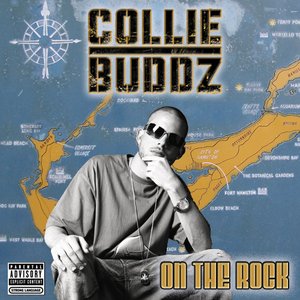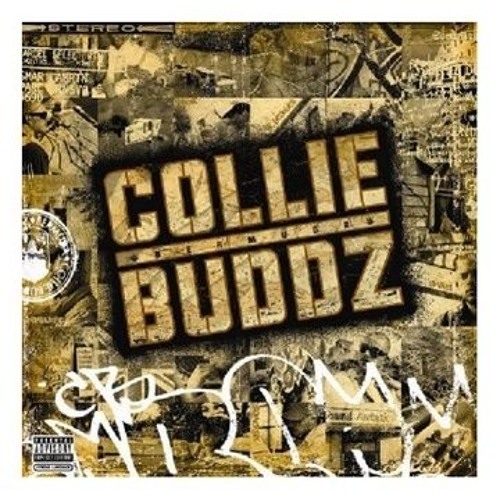

And I had this old Aiwa three-CD disc changer, and it had a microphone jack. Every day at the high school, even before, there at elementary school, I mean, all my friends used to come down my yard. You're my everything, I need these words. Why, you're the only one, I love to please, girl. Want to be in your sweet love, just you and me girl.

BUDDZ: (Singing) Let me do that thing, my wannabe girl. I record myself, and this was what the end product was right here. And so within like an hour, an hour and a half, you know, I hopped on the groove. MARTIN: Oh, it's kind of like a test - kind of like the SATs. And to be honest, at first, I wasn't really feeling it, but, you know, as it being a chance and everything, I stuck on it (unintelligible). It was, sort of, like on a level where's it's, yo, we're really interested in this guy. And it was in the midst of them signing me. This beat, this rhythm was given to me by Sony back in 2005.

MARTIN: So what's David Bowie doing on the CD? BUDDZ: (Singing) Let me do that thing, (unintelligible) my girl. BUDDZ: I definitely need to prove myself a lot more than some others, you know. MARTIN: Do you think you get set to a higher standard of authenticity or cred or whatever? And, you know, I just have to learn to deal with it and. But it's never -it's something that's never going to go away. Because, you know, I just want to do what I love to do and sing the music that I know. BUDDZ: That's kind of irritating, like, really. MARTIN: But how do you feel about the constant emphasis on your being white? I'm just wondering, how does that strike you? BUDDZ: I've heard that before like - and that's definitely a compliment. MARTIN: So, I mean, is the idea that you're the supposed to be the Eminem of reggae? Or. First, it's man, have you heard Collie Buddz? And then the second line is have you heard that he's white? MARTIN: Well, let's talk about the music, and here's what I've been reading. You know, when I write tunes, they have to make sense to me and the experiences that I'm going through in life. And, you know, just - it's really the tune. But, you know, when I was making a tune and from the start at writing the tune, it's about a part of life that I was brought up in Bermuda. MARTIN: And you're aware that that's illegal in some places. The first time me take a drag was in elementary. BUDDZ: (Singing) There's nothing like the sweet sweet sensation. MARTIN: We could say it's about the pleasures of getting weed again after a dry spell. BUDDZ: Well, mercy, you want me to explain it on the air? MARTIN: So Collie, "Come Around," a great song. Collin Harper, is with us now in our studio in New York. You can hear why.īorn in New Orleans, he grew up in Bermuda. And his self-titled debut album launched as the number one reggae album on the Billboard charts. MARTIN: That's his hit, "Come Around." The video has been a hit on MTV and BET, as well as overseas. Me a take a little draw and pass it go around, so. BUDDZ: (Singing) Finally the herbs come around. What do you get when you mix dancehall, hip-hop, blues and reggae with Bermudian flavor? Collie Buddz, of course. COLLIE BUDDZ (Reggae Singer, Songwriter, Musician): (Singing) Oh, that's some the sweet, sweet stuff, you know.


 0 kommentar(er)
0 kommentar(er)
